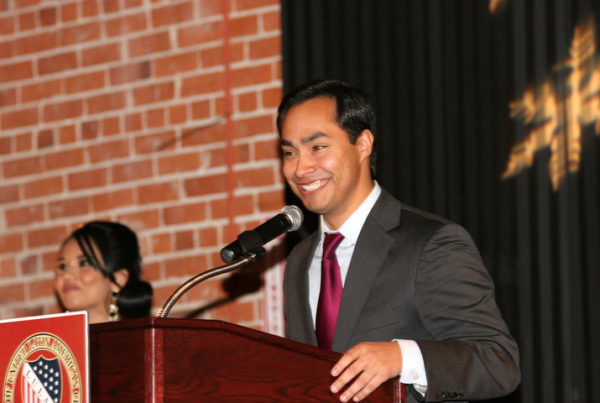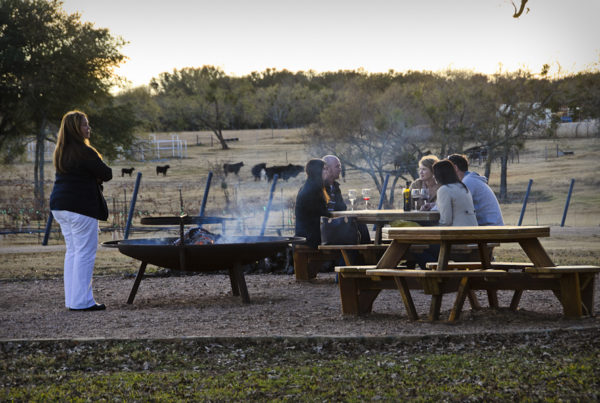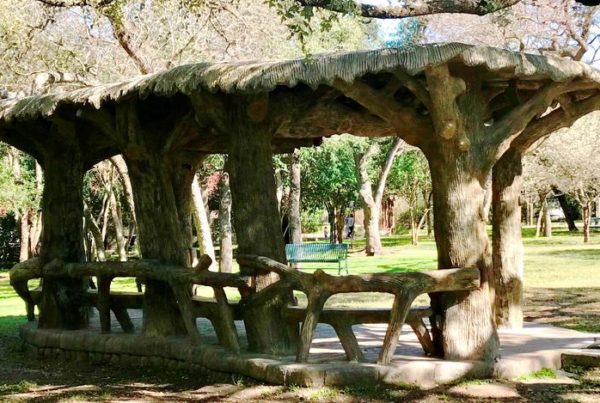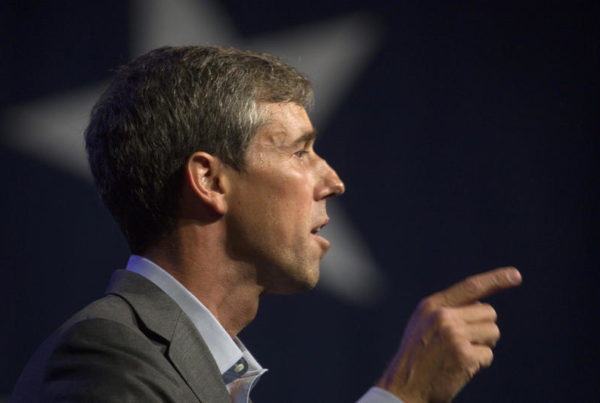Over the years, the state’s savings account, known as the rainy day fund, has proven the wisdom of those who set it up. During the Great Recession, for example, Texas weathered the rough patch rather well by drawing on that savings account to the tune of $3.2 billion – the biggest hit to that savings account to date.
But now, with the state rolling in money from oil and gas taxes, and the rainy day fund nearing record-high levels, the Texas Tribune reports lawmakers are on track to make a record withdrawal from the fund this session. The Tribune reports lawmakers want between $4.5 billion to $6.5 billion to pay for the continued recovery from Hurricane Harvey.
Kiah Collier of the Tribune says so far, the Texas Senate has pushed hardest for rainy day money to pay for Harvey recovery.
“The Senate unanimously passed these three major bills back to back, Senate Bills 6, 7 and 8,” Collier says.
If they pass in the House as well, the three bills would pull a total $1.8 billion from the rainy day fund. Collier says SB 7 is the largest of the three at $1.65 billion.
“It does a variety of things: it will fund a newly created statewide flood plan; it will give Harvey-impacted communities the matching funds they need to draw down billions of additional federal disaster-recovery dollars; and it will also give $200 million in matching funds, as well, for a major levee project on the upper and middle Texas coast,” Collier says.
The levee project is more of a preventive measure, and something that Texas has been working on for years. Collier says the U.S. Army Corps of Engineers has already evaluated the plan, which includes a mix of levees and seawalls near Orange County, and near Freeport south of Houston.
“It’s been described as kind of the ‘bookends’ … to block storm surge from hitting the Houston area and the nation’s largest refining and petrochemical complex,” Collier says.
She says Lt. Gov. Dan Patrick endorses the bills, and has said they’re his top priorities.
“He endorses spending rainy day fund money to do this,” Collier says.
She also says there hasn’t been much resistance to the legislation by the public or by local government.
“These bills during public hearings were overwhelmingly supported by local officials who had been asking, in particular, for help with matching dollars,” Collier says.
Some resistance has come from environmental groups, Collier says, who want “green” infrastructure projects like preserving open spaces, as opposed to “gray” or concrete-heavy flood-control projects. She says lawmakers seem to support that approach.
“I think that will ultimately be a component of these new programs of the new statewide flood plan,” Collier says.
In the meantime, the bills move to the House of Representatives where Collier says they might change a bit, but she expects them to pass.
Written by Caroline Covington.
















